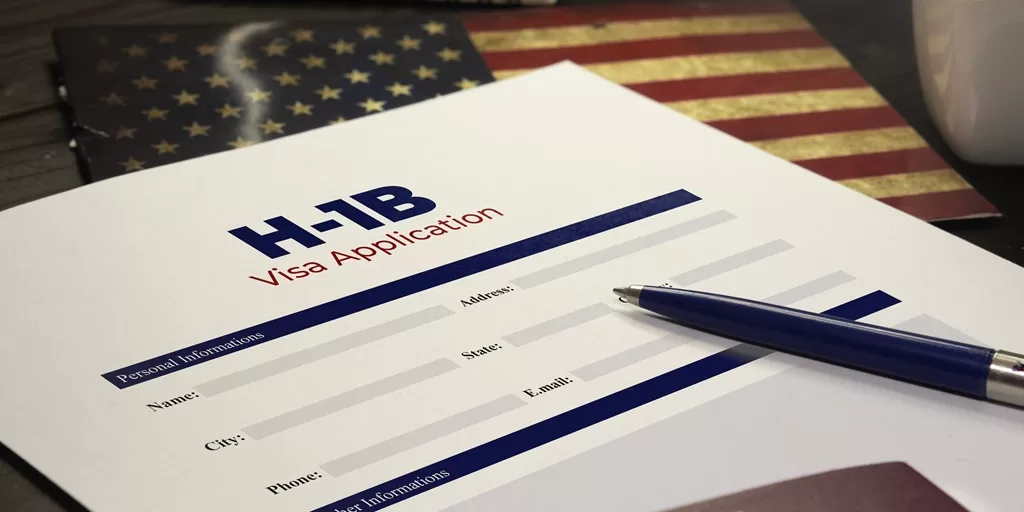Quick Bytes
- USCIS final rule changes H-1B registration to a beneficiary-centric system starting March 2024.
- New system aims to reduce process manipulation and ensure equal selection chances for all beneficiaries.
- USCIS increases H-1B registration fee from $10 to $215, effective April 2024.
- Additional changes include passport or travel document requirements and provisions for petition denials.
Summary of USCIS H-1B Registration Changes
The U.S. Citizenship and Immigration Services (USCIS) has issued a final rule that introduces significant changes to the H-1B visa registration process. Set to take effect in March 2024, the new system will prioritize a beneficiary-centric approach, aiming to create a fairer and less exploitable method for H-1B visa selection.
Previously, the system allowed multiple registrations for a single beneficiary, which raised concerns about potential abuse. The revised process will ensure that each beneficiary has an equal chance of being selected, regardless of the number of registrations filed on their behalf. This change is expected to reduce the likelihood of manipulation and provide beneficiaries with more autonomy in their employment negotiations.
Another notable change is the increase in the registration fee, which will jump from $10 to $215. Although this fee hike will not affect the March 2024 registration, it will apply to subsequent filings, resulting in higher costs for employers seeking to file H-1B petitions.
The final rule also mandates the provision of valid passport or travel document information during registration, a move that aligns with the administration’s commitment to supporting refugees and stateless individuals. USCIS has also clarified policies regarding petition start dates and introduced regulations that allow for the denial or revocation of petitions based on discrepancies or false attestations.
While these changes are a step forward in modernizing the H-1B program, only legislative action by Congress can address the high demand for H-1B workers and the annual cap on visa numbers.



